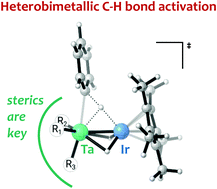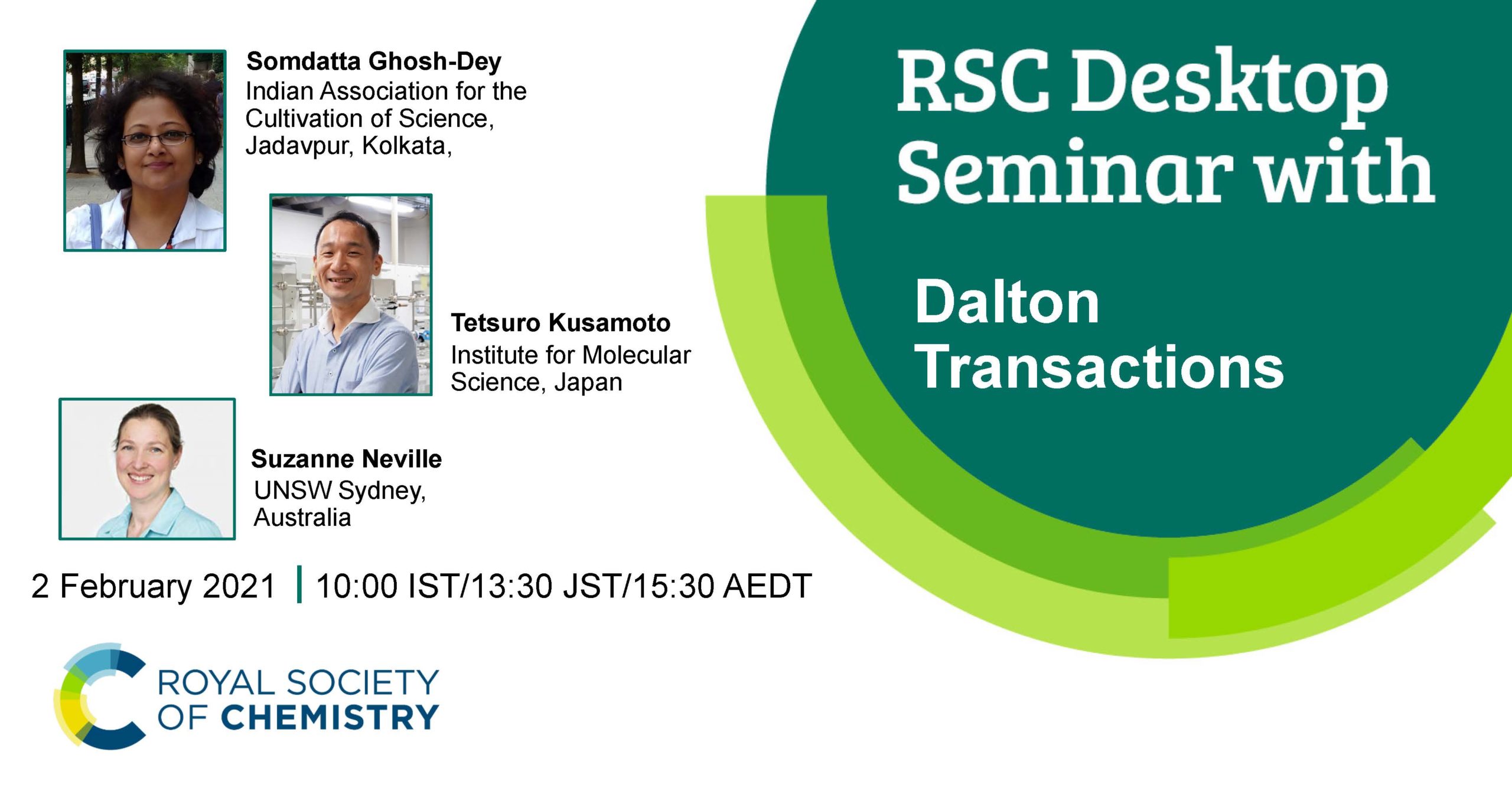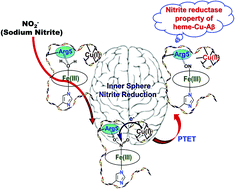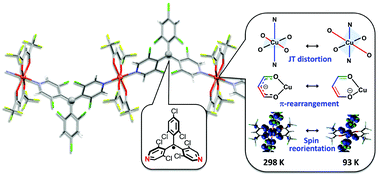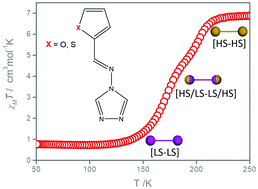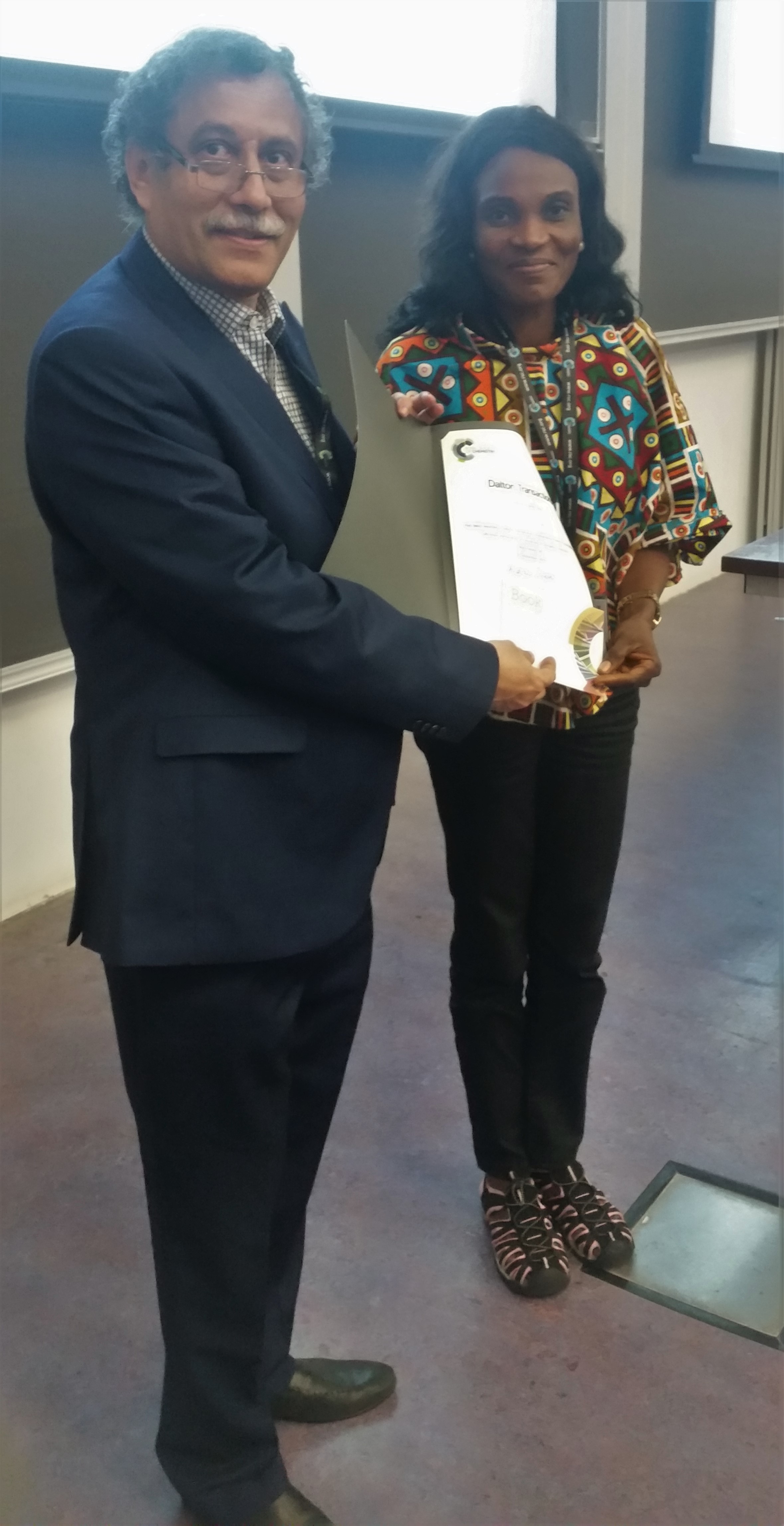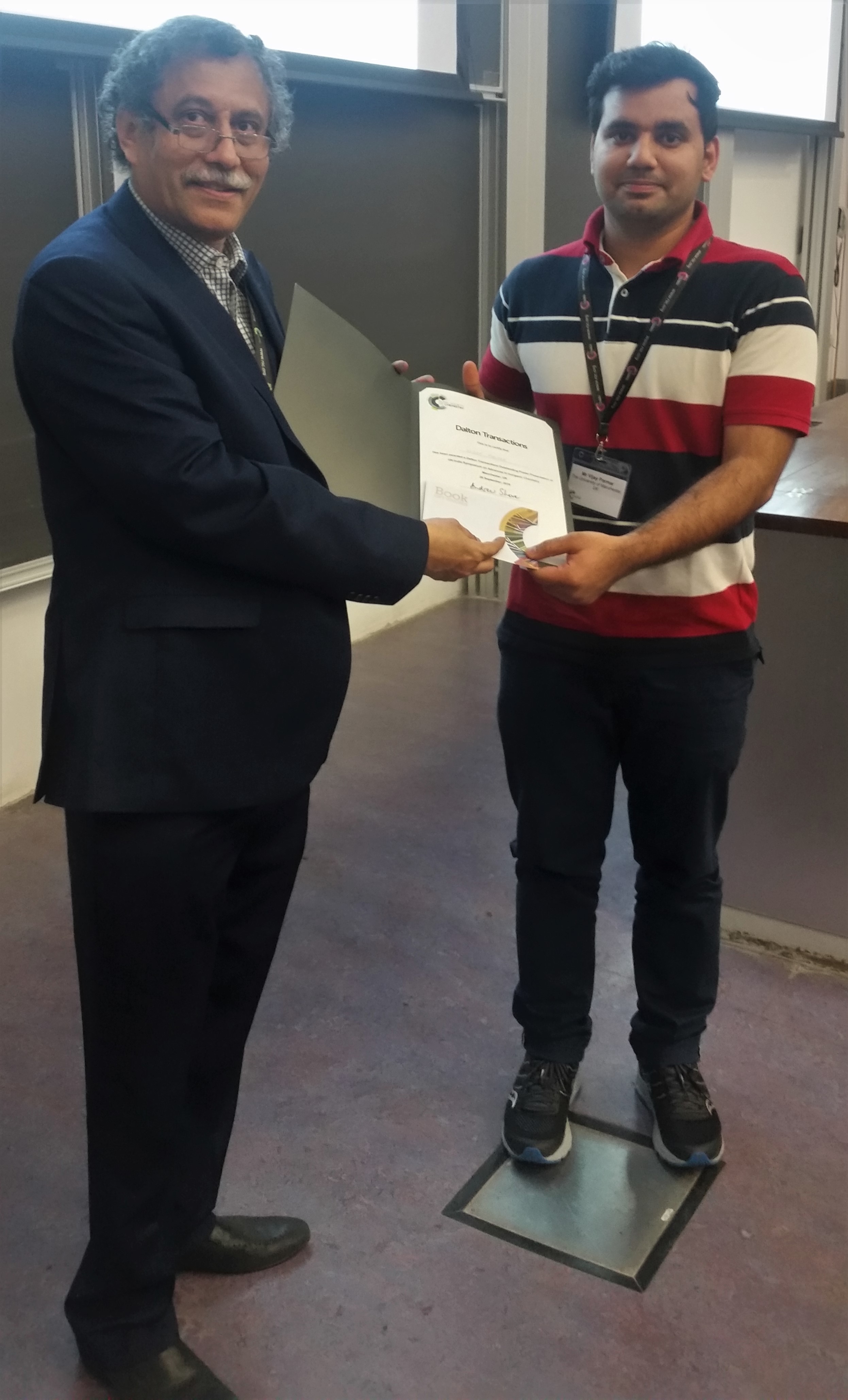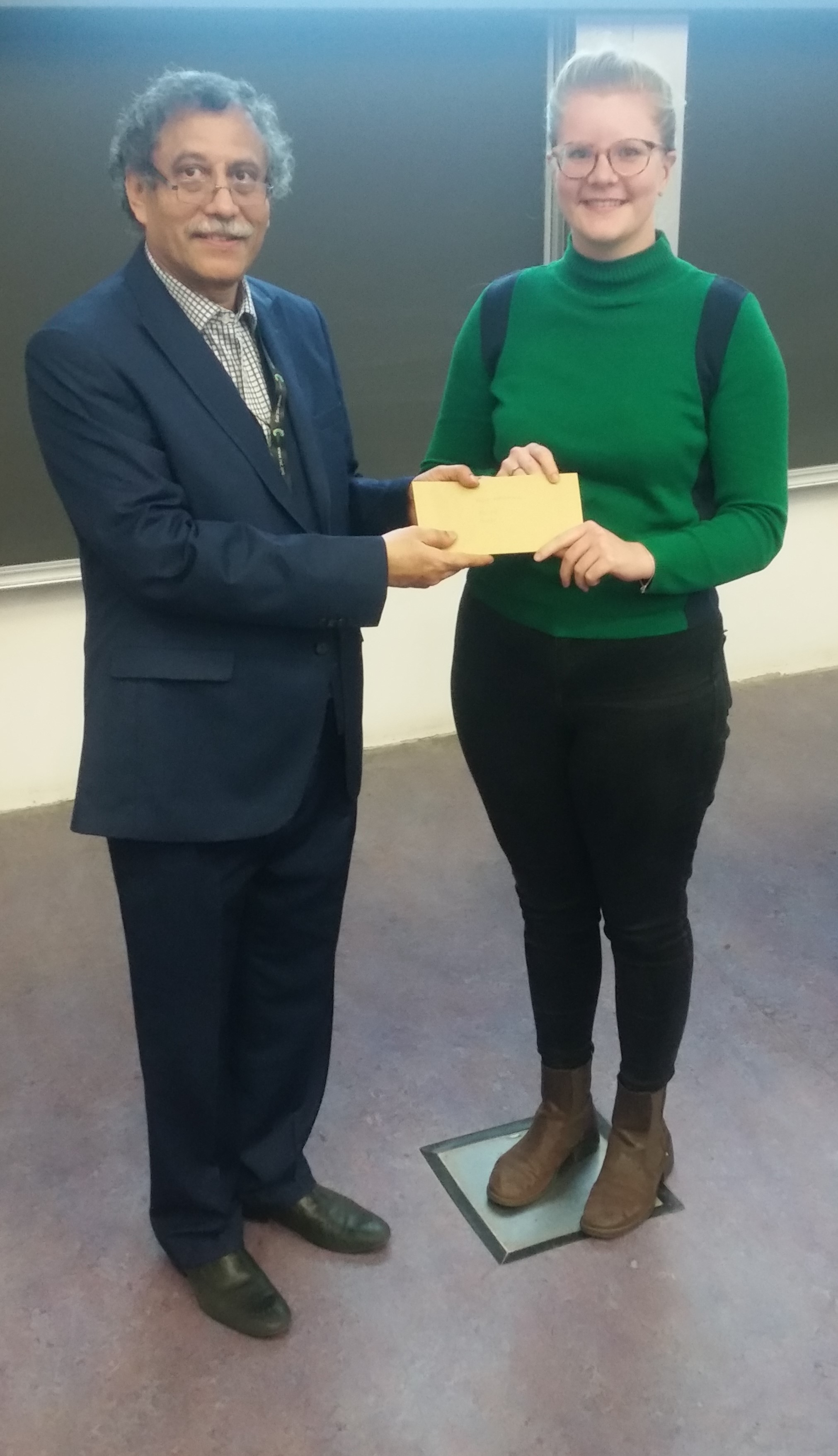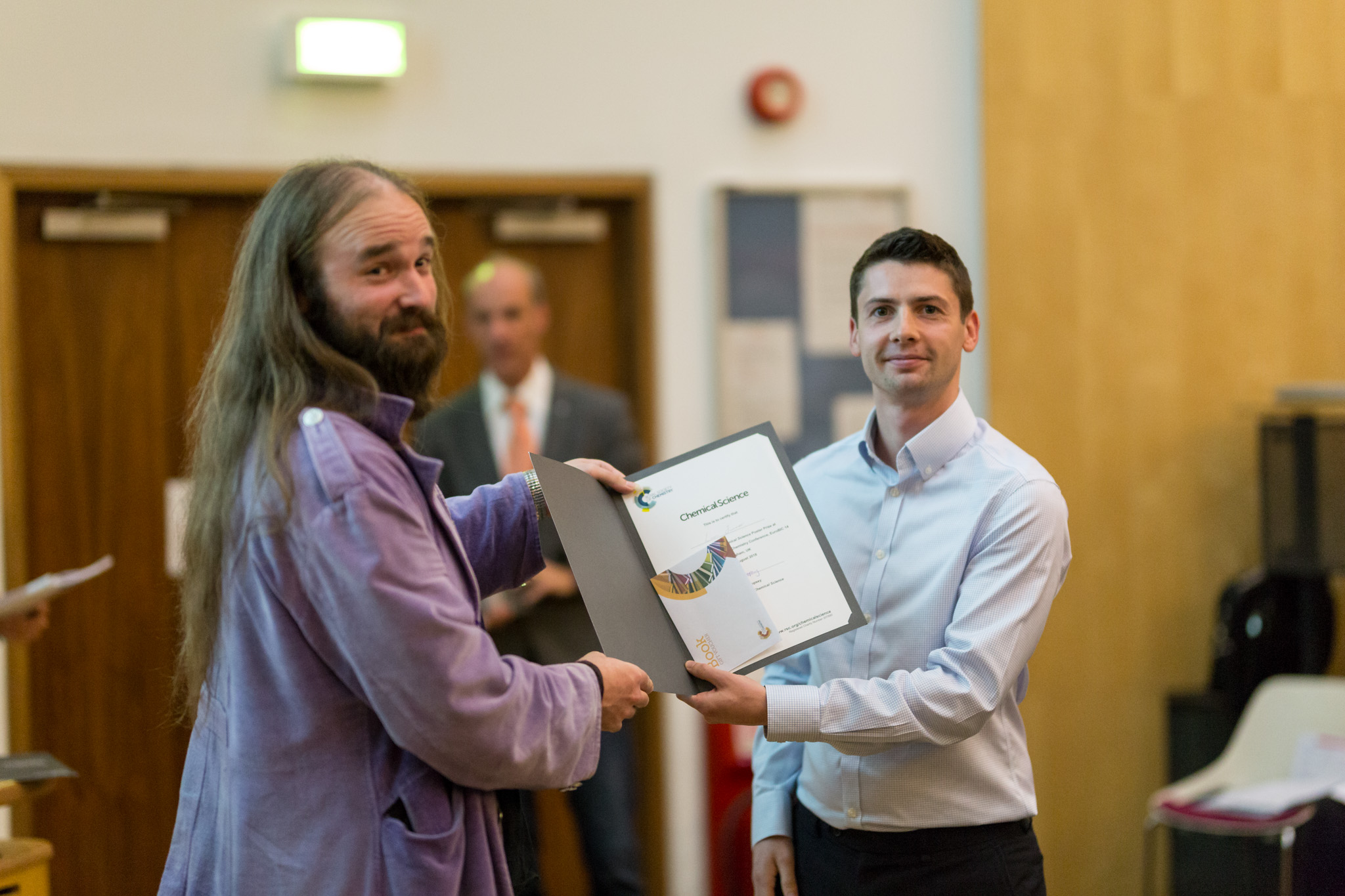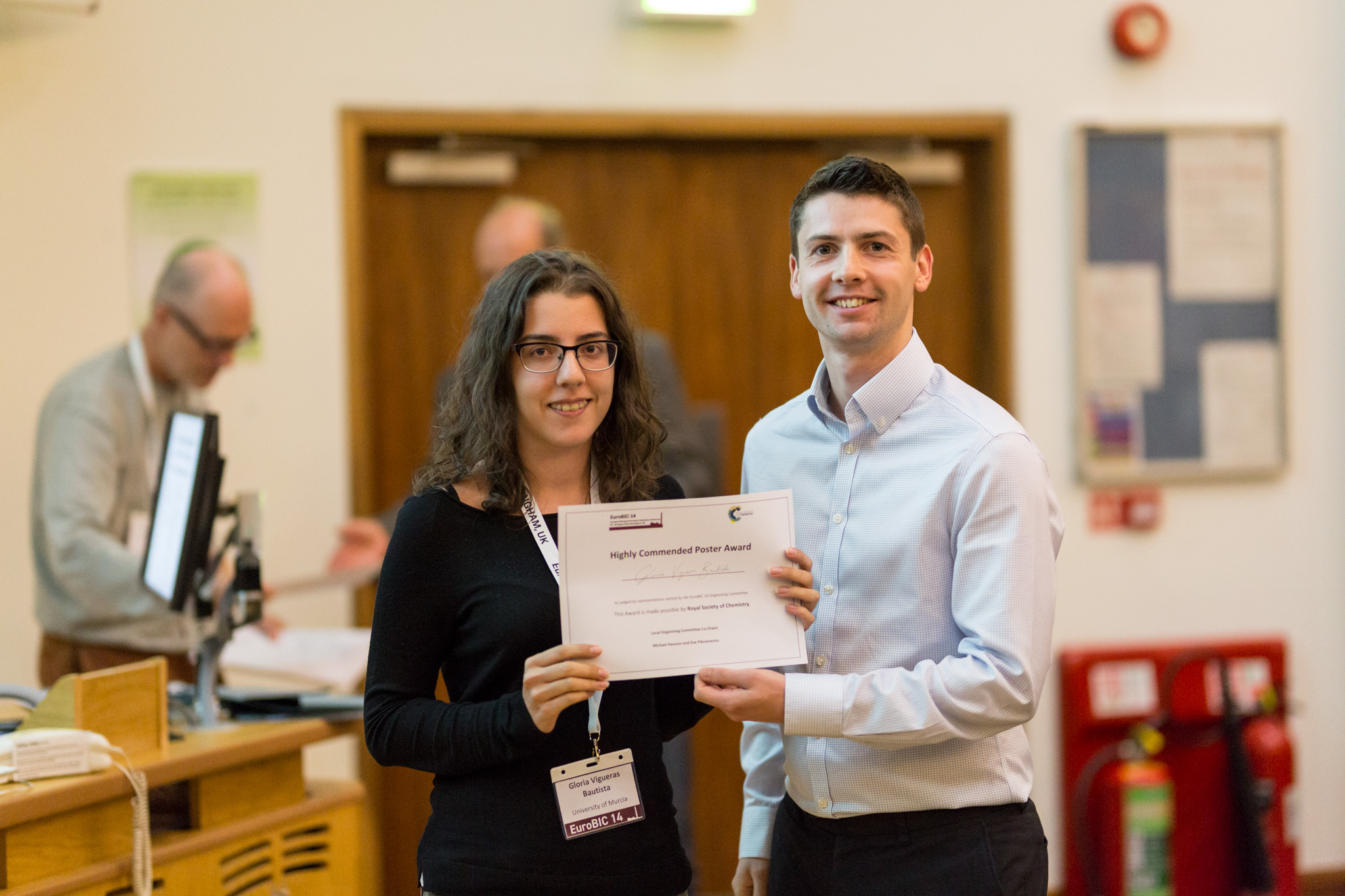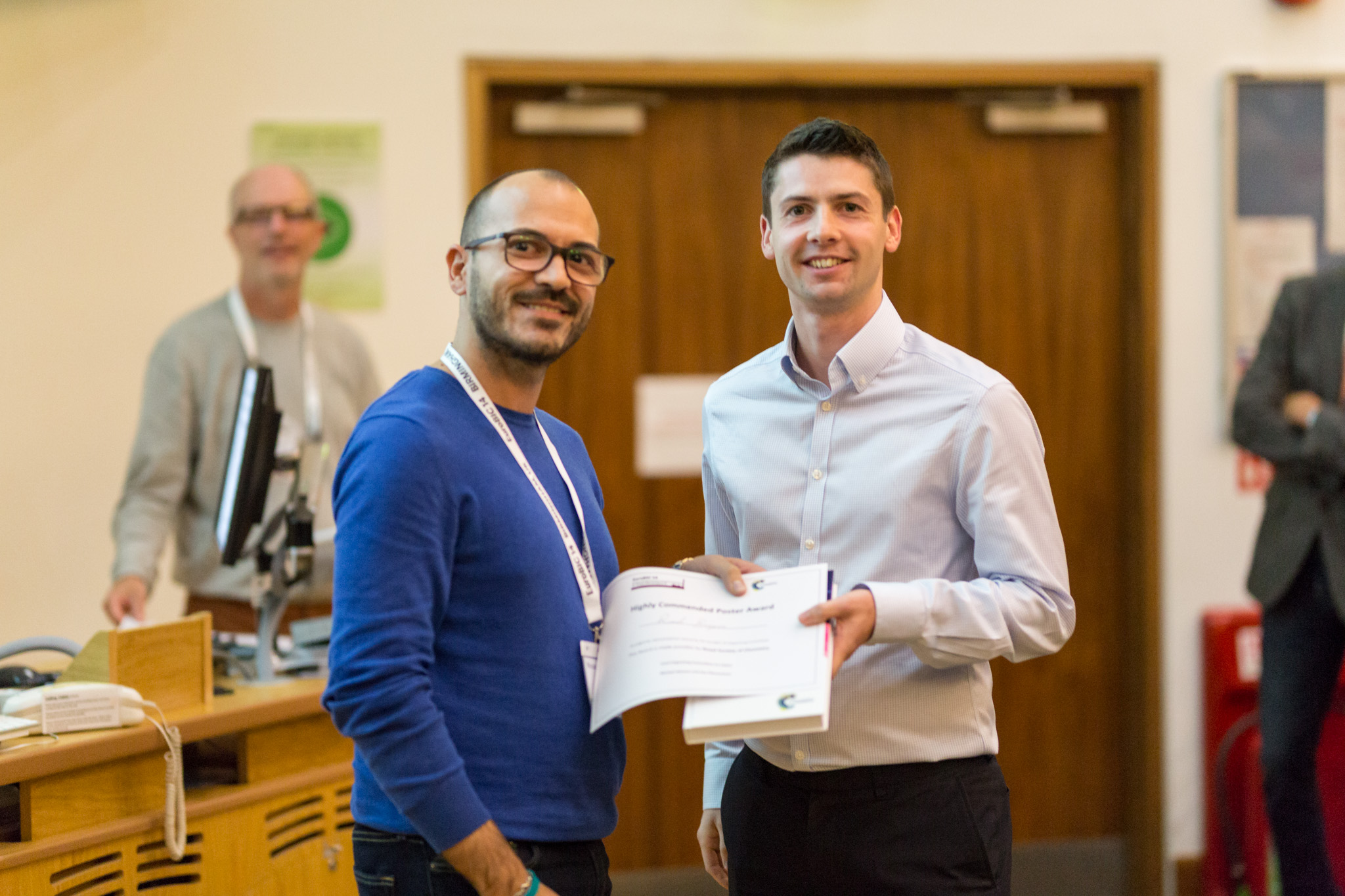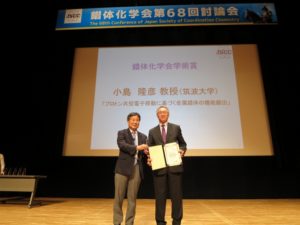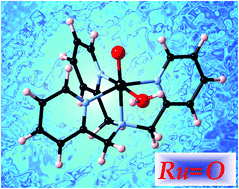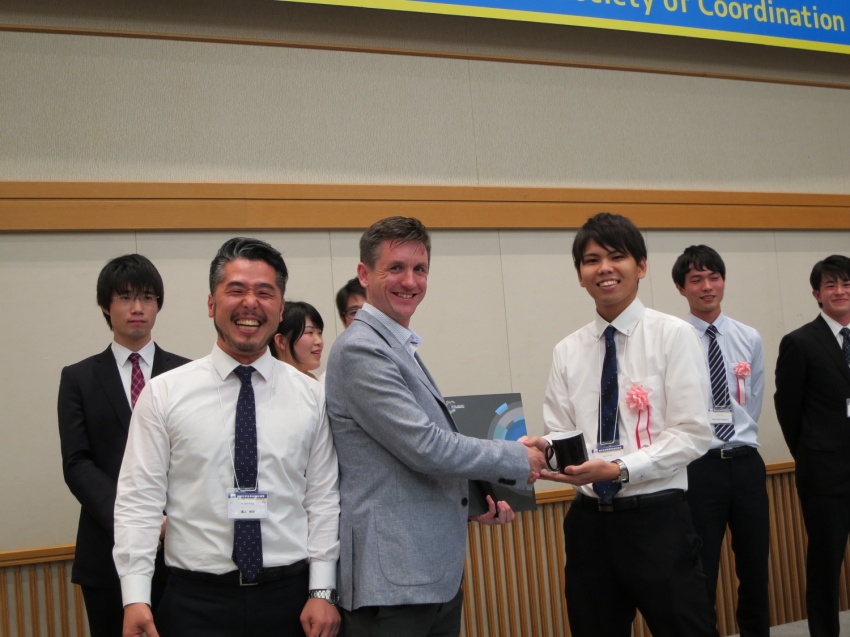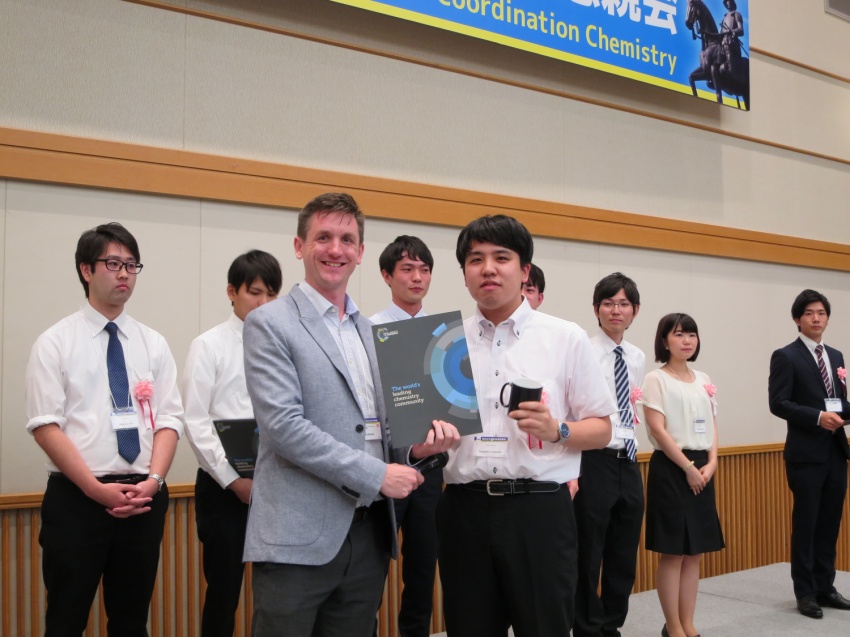We are delighted to share with you the latest Dalton Transactions: Tutorial Review.
Tutorial Reviews are designed to introduce readers to a concept or methodology at the forefront of inorganic chemistry research and should particularly appeal to early career researchers as well as established researchers seeking new fields to explore.
Our Tutorial reviews will include a ‘key learning points’ box, highlighting up to five points that a reader should expect to gain from reading the review.
Our latest Tutorial Review has just been published
Be sure to read our latest Tutorial Review, written by Ricardo A. Peralta, Diego Solis-Ibarra, Ilich A. Ibarra & co from Universidad Nacional Autónoma de México and Universidad Autónoma Metropolitana-Iztapalapa, to learn about fluorescence spectroscopy in detecting sulphurous gases.
 |
Fluorescence spectroscopy: detection and sensing of SO2 and H2S using MOFs and other emerging porous materials (Open Access)
Marco L. Martínez, Pablo Marín-Rosas, Valeria B. López-Cervantes, Ariel Guzmán-Vargas, Ricardo A. Peralta*, Diego Solis-Ibarra* and Ilich A. Ibarra* Dalton Trans., 2025, 54, 13806-13819 |
Please note that Tutorial Reviews are normally invited by the Editorial Board, however suggestions are welcome and enquiries, along with a brief synopsis and authors’ credentials, should be directed to the Editorial Board at dalton-rsc@rsc.org. Readers may nominate themselves, or others, to write a Tutorial Review.
We hope you enjoy reading the first Tutorial Review in Dalton Transactions. Keep an eye out for more in our journal.
















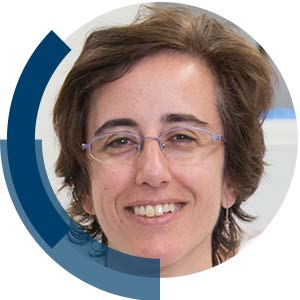
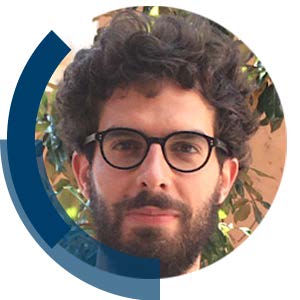

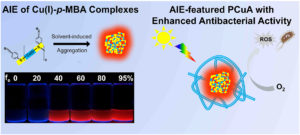
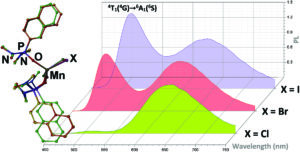
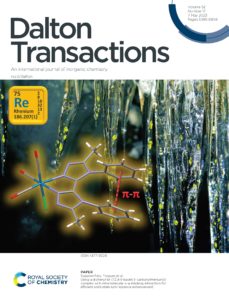
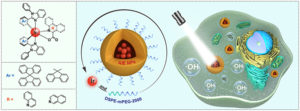
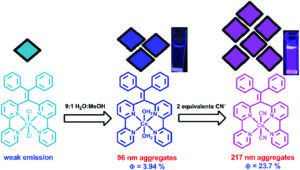
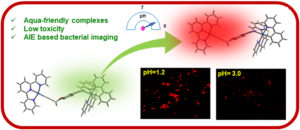
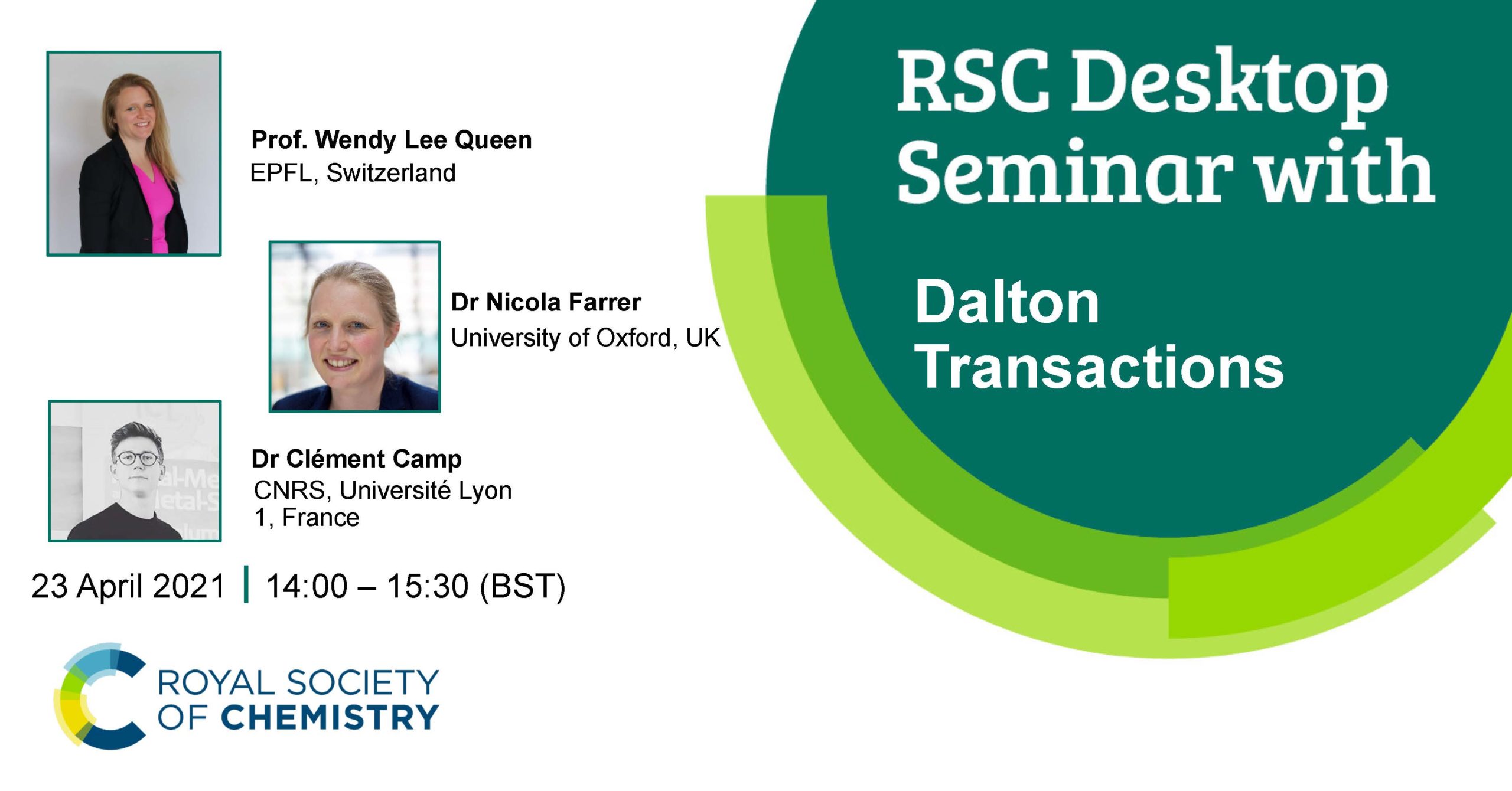
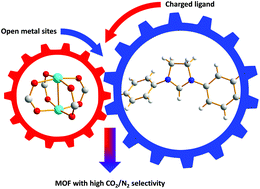
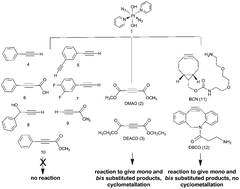
![[double bond, length as m-dash]](https://www.rsc.org/images/entities/char_e001.gif) Ir multiple bonds
Ir multiple bonds